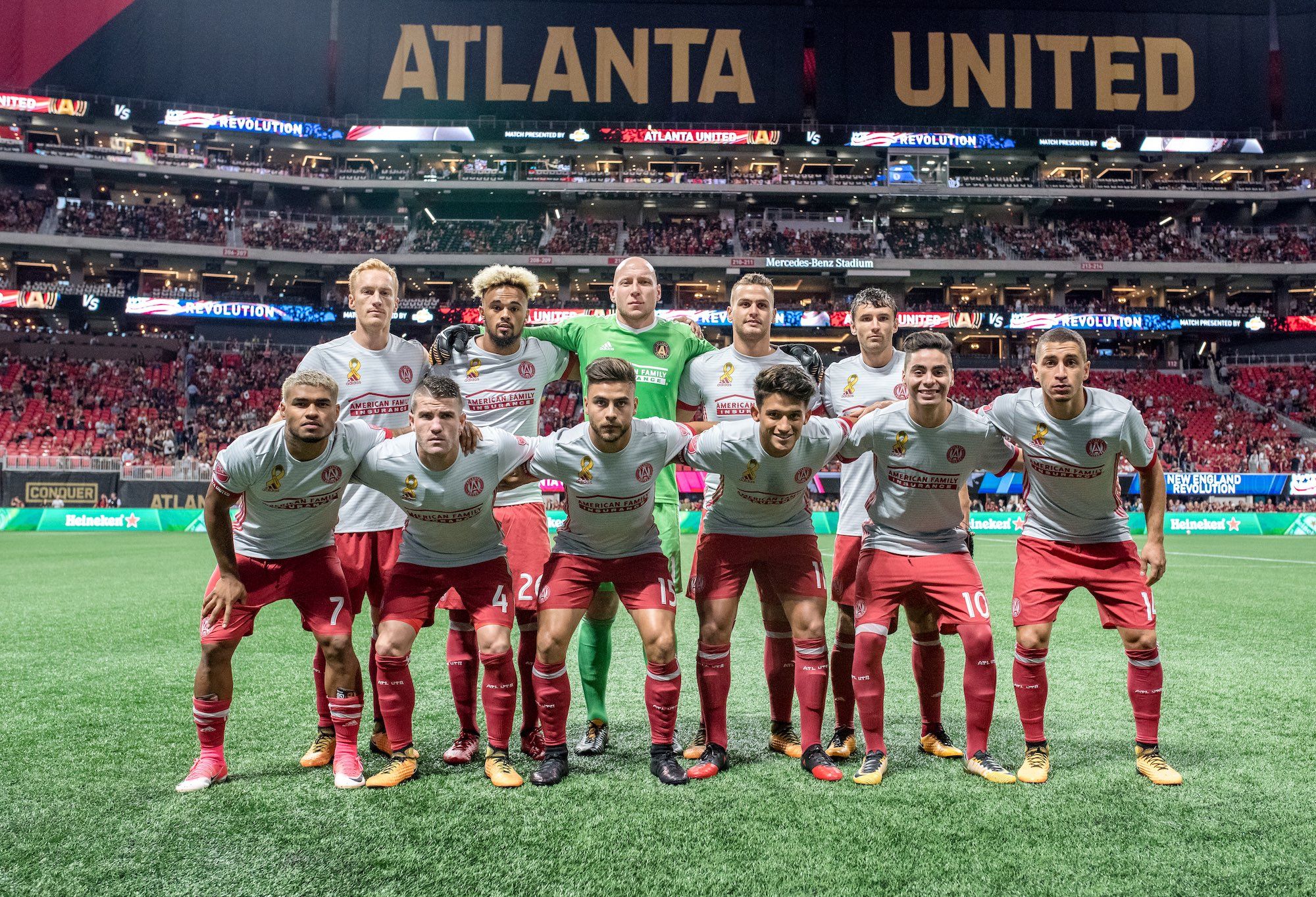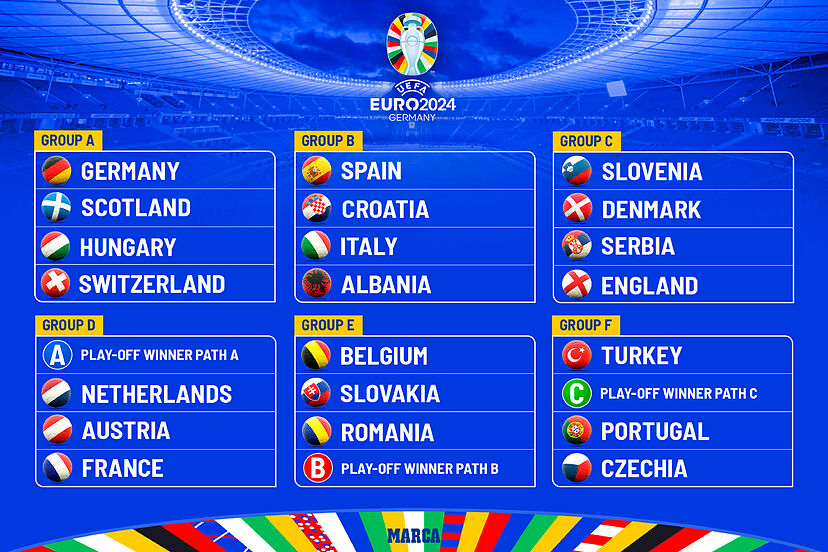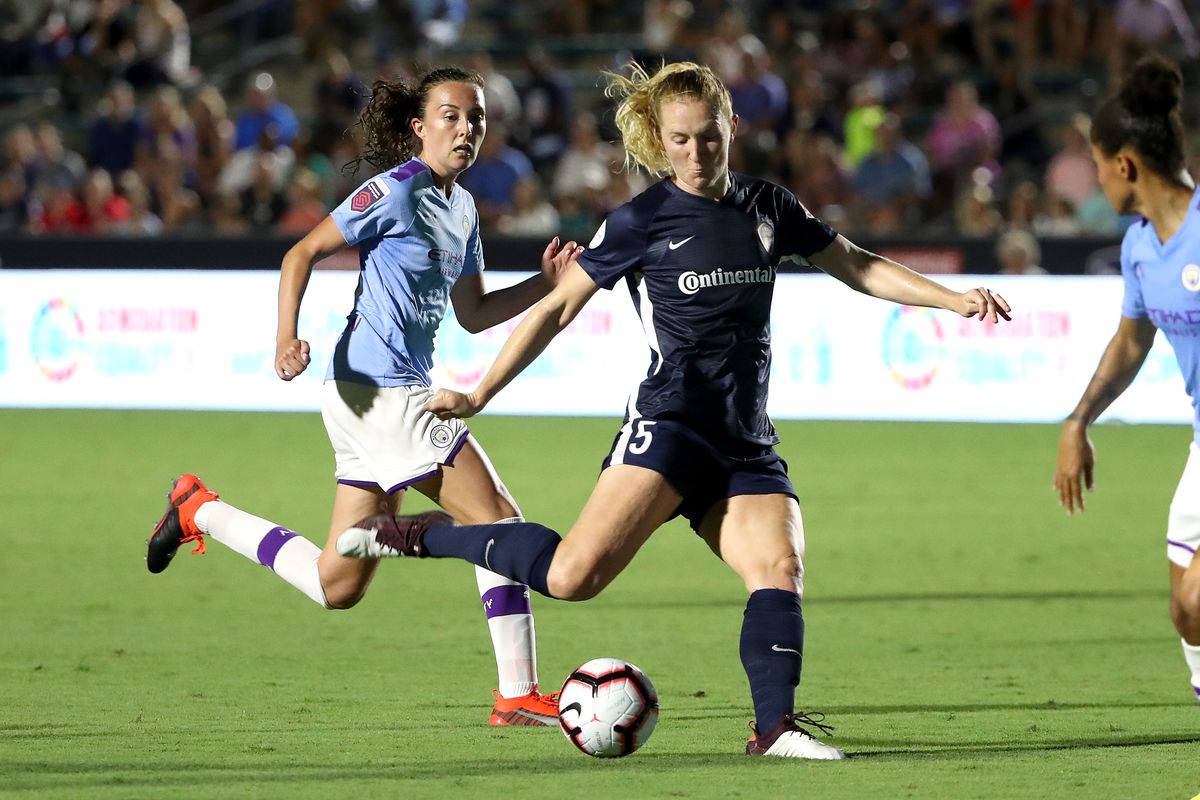From the iconic Manchester United to the recently formed Bengaluru United, the term “United” has become synonymous with countless soccer teams across the globe. But have you ever stopped to wonder, why are soccer teams called United? While the answer seems straightforward at first glance, the reasons behind this widespread naming convention are quite diverse and woven into the rich tapestry of soccer history.
Also Read: https://megadportevents.com/biggest-tournaments-in-football/
A Symbol of Unity: Merging Clubs and Forging New Identities
One of the most prominent reasons “why are soccer teams called united” is due to the historical practice of club mergers. In the early days of soccer, particularly in England, it was not uncommon for struggling clubs to join forces, forming a new entity with a combined name. This “united” title served as a symbol of unification, representing the coming together of two or more distinct clubs and their respective fan bases under a single banner.
Examples of this include:
- Manchester United: Formed in 1902 through the merger of Newton Heath LYR Football Club and Manchester Central Football Club.
- Newcastle United: Established in 1892 following the merger of Newcastle East End and Newcastle West End.
- West Ham United: Founded in 1895 after the merging of Thames Ironworks and Old Castle Swifts.
These mergers often occurred due to financial difficulties and a desire to improve competitiveness or to establish a stronger presence within the local community. The “united” moniker, in these cases, served as a powerful symbol of a new chapter, highlighting the unified front the newly formed club presented.
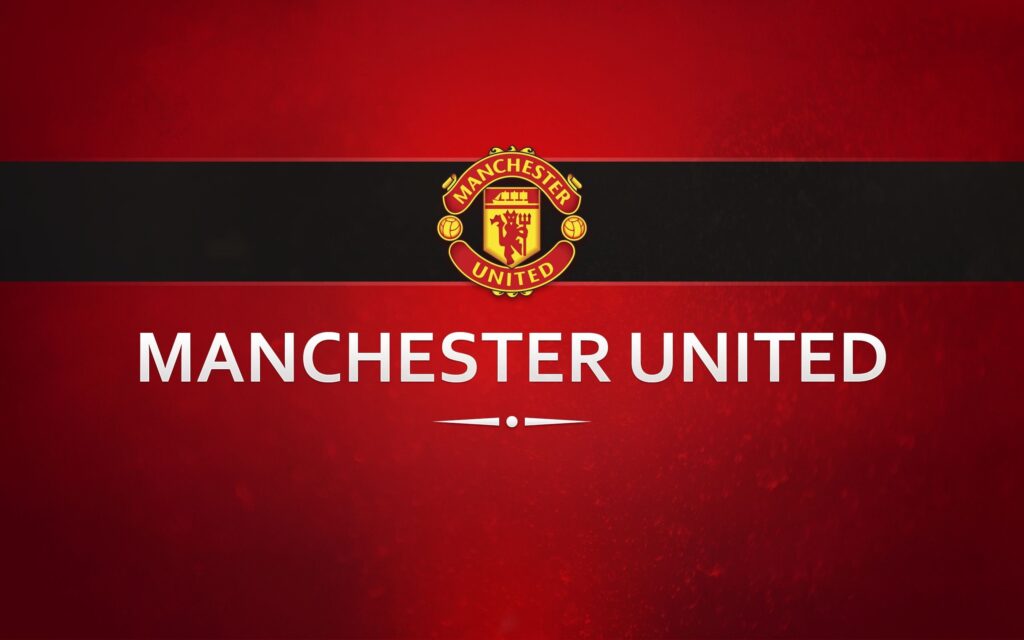
A Fresh Start: Embracing New Beginnings
Beyond mergers, the term “united” is also commonly chosen by newly established clubs, especially those formed after the dissolution of previous teams. This choice often reflects a desire to:
- Create a clean slate: By adopting a name like “united,” new clubs can distance themselves from any past associations or controversies, allowing them to build their own identity and history.
- Foster a sense of community: The word “united” inherently implies a sense of togetherness and collaboration. This can be particularly appealing to newly formed clubs seeking to establish strong bonds with their local communities and fan bases.
- Project a message of inclusivity: The term “united” can symbolize a commitment to equality and inclusivity within the club, attracting players and fans from diverse backgrounds.
Also Read: https://megadportevents.com/role-of-number-10-in-football/
Examples of such teams include:
- Leeds United: Founded in 1919 after the dissolution of Leeds City F.C.
- Kerala United F.C.: Established in 2014, aiming to represent the entire state of Kerala in India.
- Real Kashmir FC: Formed in 2013 as a community initiative to promote football in Kashmir, India.
In these instances, the “united” name serves as a forward-looking symbol, representing a fresh start, a sense of community, and a commitment to building something new together.
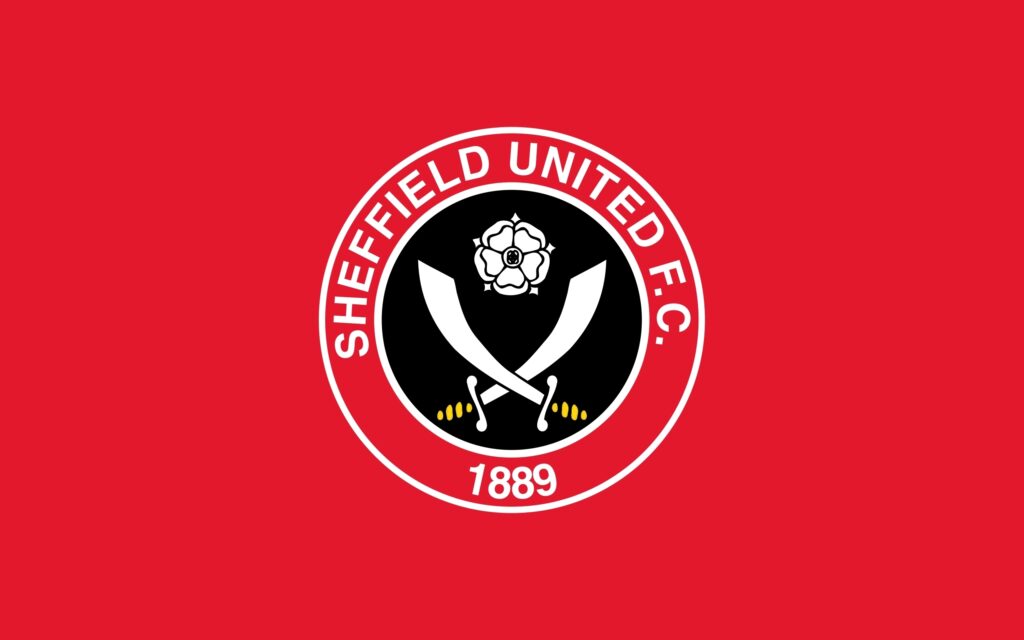
Beyond History: The Modern Appeal of “United”
While the historical reasons for soccer teams being called united remain significant, the appeal of this name extends beyond mere tradition. In the modern era, several factors contribute to its continued popularity:
- Brand recognition: The “united” moniker is widely recognized and carries a positive connotation in the world of soccer. It can help new teams gain quick recognition and build a brand identity.
- Marketing and sponsorship potential: The word “united” can appeal to sponsors seeking to associate themselves with themes of unity, community, and teamwork.
- Global appeal: With its simple meaning and universal positive message, the term “united” transcends cultural and language barriers, making it suitable for clubs with diverse fan bases and aspirations.
Also Read: https://megadportevents.com/why-are-soccer-goalie-gloves-so-big/
Examples of these contemporary factors can be seen in:
- ATK Mohun Bagan: Formed in 2020 through the merger of two iconic Indian clubs, ATK and Mohun Bagan Athletic Club.
- Los Angeles FC: Established in 2014, aiming to unite the diverse communities of Los Angeles through soccer.
- F.C. Cincinnati: Founded in 2019, with the “united” part of their name symbolizing the city’s vibrant and diverse population.
A Unifying Force: More Than Just a Name
In conclusion, why are soccer teams called united? The answer reveals a fascinating blend of historical context, strategic positioning, and aspirational values. From symbolizing the merging of clubs to representing fresh starts and fostering a sense of community, the “united” moniker carries a powerful message within the world of soccer. This single word transcends its literal meaning, becoming a unifying force that binds clubs, players, and fans together under a shared banner.

